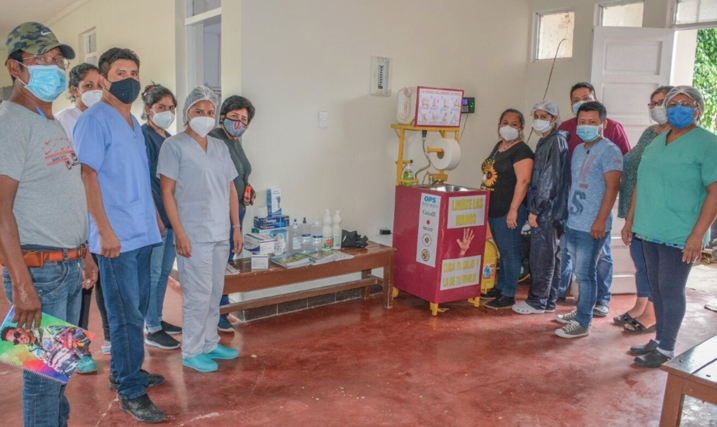Underserved groups, particularly indigenous communities and informal workers in Bolivia, are the most vulnerable to high out-of-pocket health care costs. This catastrophic health spending limits access to health services and slows down efforts towards universal health coverage. To address these health inequities and financial barriers, the Bolivian government introduced ambitious health reforms in 2019 through the Unified Health System (SUS) model.
With the implementation of SUS in 2019, the Bolivian government sought to provide universal and free coverage to 50% of the population, significantly increasing previous coverage rates, with the goal of protecting approximately five million previously uninsured and underserved Bolivians.
Read the full article here


